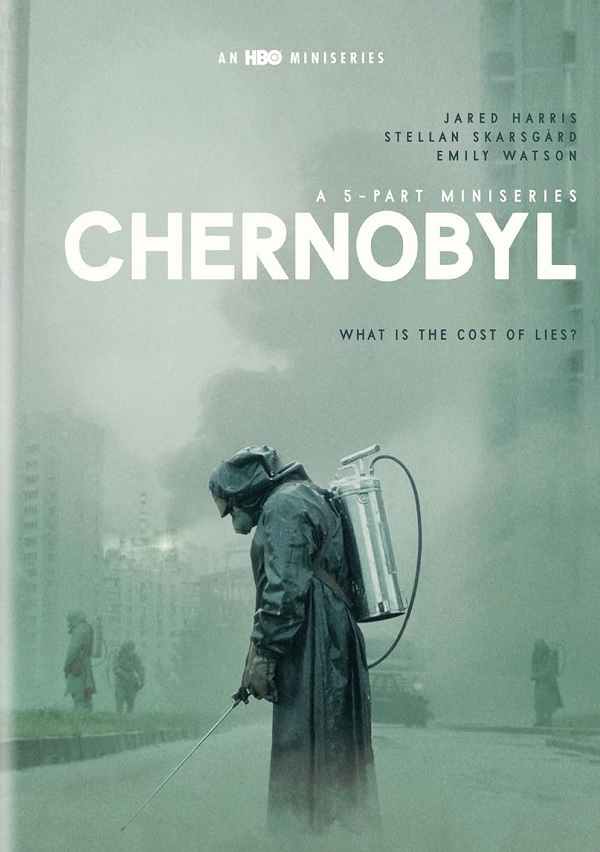
|
American Rhetoric: Movie Speech "Chernobyl" (2019)
Valery Legasov Explains in Court How an RBMK Reactor Works
I'm pleased to see some of my colleagues here from the Kurchatov Institute and Minenergo [Ministry of Energy and Electrification]. But you don't need to be a nuclear scientist to understand what happened at Chernobyl. You only need to know this: There are essentially two things that happen inside a nuclear reactor. The reactivity, which generates power, either goes up or it goes down. That's it. All the operators do is maintain balance. Uranium fuel. As uranium atoms split apart and collide reactivity goes up. But if you don't balance your activity, it never stops rising. So, boron control rods. They reduce reactivity like brakes on a car. But there's a third factor to consider, water. Cool water takes heat out of the system. As it does it turns to steam, or what we call a "void." In an RBMK reactor of the type used at Chernobyl, there's something called a "positive void coefficient." What does that mean? It means that the more steam present within the system the higher the reactivity, which means more heat, which means more steam, which means -- it would appear we we have a vicious cycle on our hands. And we would were it not for this. And we -- we would were it not for this -- the "negative temperature coefficient." When nuclear fuel gets hotter it gets less reactive. So fuel increases reactivity; control rods and water reduce it; steam increases it; the rise in temperature reduces it. This is the invisible dance that powers entire cities without smoke or flame. And it is beautiful when things are normal. Ss uranium splits apart to release energy, it breaks down into a new element, xenon. Xenon reduces reactivity. This is the poison comrade Khomyuk mentioned. When the core is running at full power it burns the xenon away before it can cause a problem. But because of the delay, Chernobyl Reactor 4 has been held at half power for 10 hours. The xenon did not burn away. It built up, poisoning the core. We're starting to lose balance. At 28 minutes past midnight the reactor is now primed to slow down. And yet, in less than an hour it will explode. If you can't understand how a stalled nuclear reactor could lead to an explosion, I don't blame you. After all, you don't work in the control room of a nuclear power plant. But, as it turned out, the men who did, didn't understand it either. |
|
© Copyright 2001-Present. |
